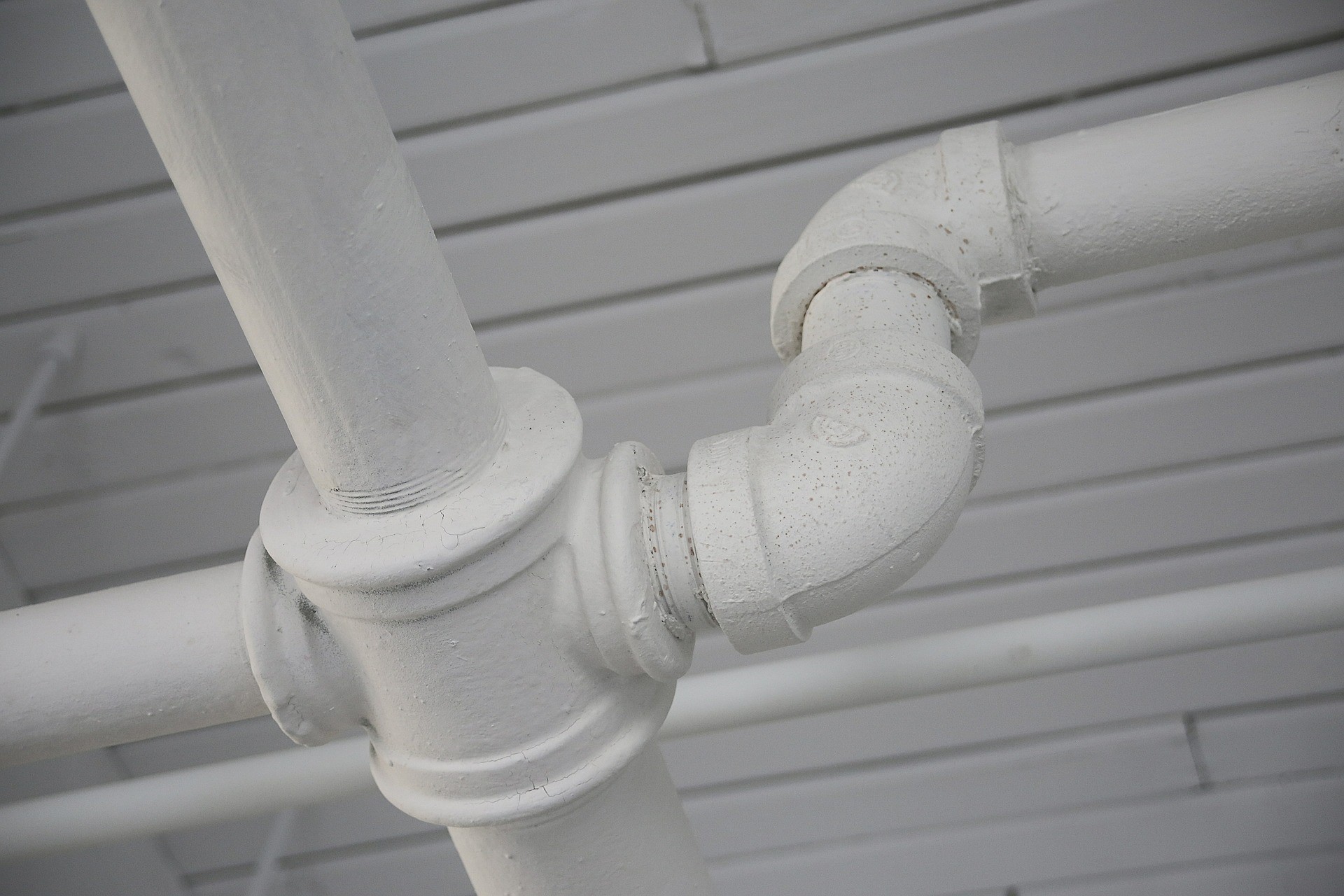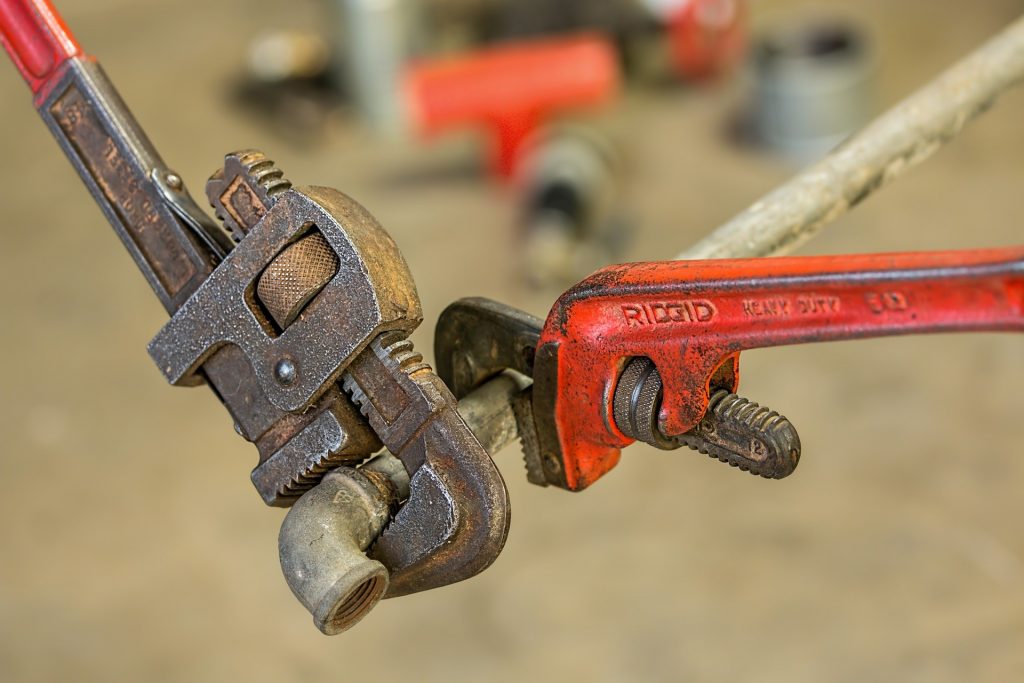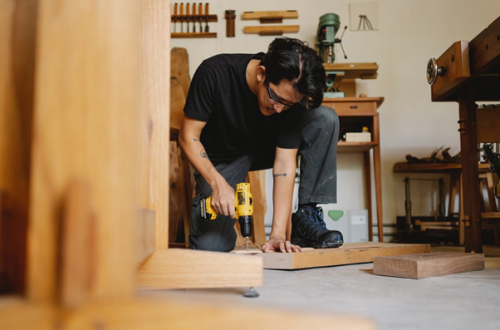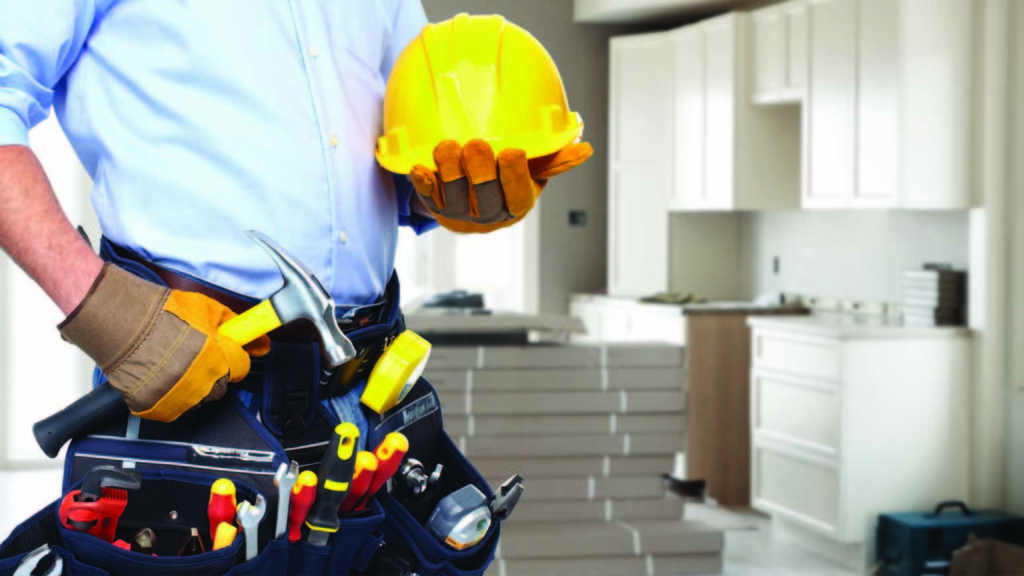You know that you have a sewage system that takes waste and foul odors out of your home. Other than that, you probably try not to think about your sewer line that often. That’s certainly understandable since it’s not an extremely pleasant topic. However, you do have to take steps to maintain your home sewer line if you want to avoid even more costly and disgusting messes. Fortunately, you don’t have to spend a lot of time or money to keep your sewer line in good condition. You just have to be consistent and do repairs when needed.
Here’s what you need to know!
Understand Your Sewer Line
Before you can maintain your home sewer system, it’s important to understand how it works. This will help you understand what might go wrong, why specific maintenance is important, and you’ll better understand the signs that something might be amiss.
Your plumbing is made up of the water supply, appliances, and a drain system. Water enters your home from the water supply. Some goes to the hot water heater. Both hot and cold water lines are sent to your sinks, bathtub, shower, and washer. Toilets and outside faucets only get cold water.
Any water that isn’t used goes down the drain into the wastewater system. Wastewater goes through a u-shaped trap to keep foul odors from backing up into your home. Traps hold standing water to keep sewer gasses out.
Your drainage system works entirely by gravity, moving water downhill through drain pipes into the main waste stack. This becomes a sewer line that exits your home near the foundation and connects to a collector sewer line in the street or behind your home.
If you don’t have access to a city sewer, your wastewater is instead sent through to a septic system. Many systems have a ground-level clean out area near where your sewer line connects to the collector.
What Can Go Wrong?
Now that you understand how the sewer works when everything is going smoothly, it’s time to think about what can go wrong.
One of the most common issues is the presence of clogs or blockages in the drain system. This can cause slow draining or it can entirely block one or more drains from your sewer line. One of the biggest problems with clogs is that they breed bacteria and can become dangerous to your home’s residents. They can also cause pressure in the pipes, leading to cracks or leaks.
Speaking of leaks, they are another significant problem that can happen in your sewer line. Leaks anywhere within your plumbing can allow mold and mildew to grow in your home, significantly affecting your health. There can also be problems with the wood beams that support your house if the wood gets saturated.
Finally, sewage backup of any kind is an issue everyone hopes to avoid. This happens mostly due to clogs in the drainage system that doesn’t allow sewage to drain properly. Instead, it builds up and pushes back through the drain into your appliances.
Proper Maintenance of Your Home Sewer
What can you do to prevent these problems with your sewer? The biggest piece of advice we have is to keep small problems small. That means detecting and fixing them before they cause a major problem like a burst pipe or a sewage backup.
You should also have an annual inspection of your plumbing by professional plumbers in Richmond Hill. They will know what to look for and how to treat even small amounts of damage before it becomes a significant issue.
Look at your plumbing regularly for leaks. It’s important to look under your sinks and in your basement, as well as around your water heater and toilets. If you notice discolored pipes, rust, or standing water, there’s probably a leak and you should contact a plumber right away.
If you hear dripping or notice foul smells, that’s another strong sign of a problem. Be sure to follow up on these concerns and take action to fix them. If a drain hasn’t been used for a long time, it’s possible the water in the trap has dried. Simply pour water down the drain, which should block the smell from coming in.
Finally, keep an eye on your yard. If you notice one section of grass is significantly greener than others, there could be a sewer leak in that area. Also, look for standing water and make sure your plumber lets you know if there are any concerns with the main sewer line leaving your home.
Plumbers Can Help!
A lot of homeowners try to DIY a problem only to cause bigger issues due to their inexperience. You might think it’s expensive to call a professional, but the truth is you save significant time and money over making mistakes on your own.
If you have a plumbing problem or suspect a leak, contact a plumber right away. You’ll be glad you did!
Katrina is a hardworking individual who always gives her best. As a degree holder, she aspires to establish within the media industry. Expert in building online partnership, she’s been working in digital marketing services, Local SEO Search Inc. for several years.







